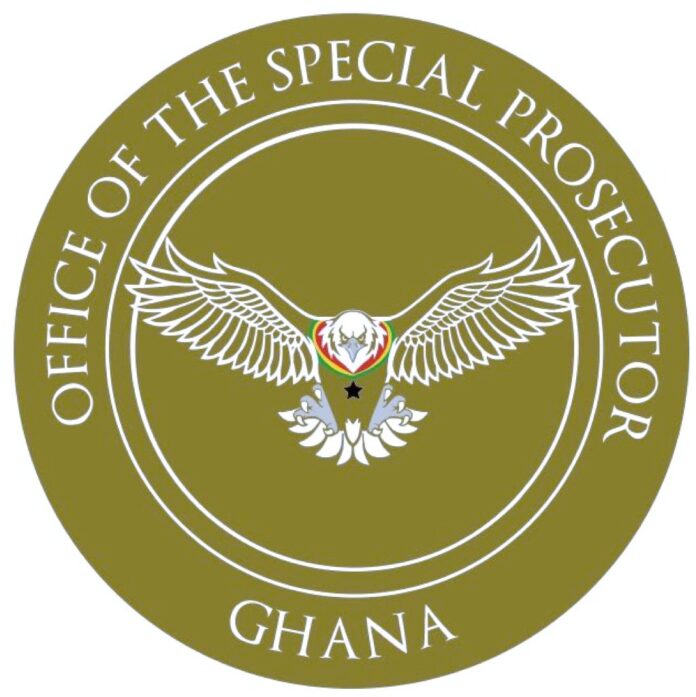The Office of the Special Prosecutor (OSP) has secured its first convictions since its establishment in 2018 under the Office of the Special Prosecutor Act, 2017 (Act 959).
After years of criticism for failing to deliver results despite receiving over GH¢1 billion in budgetary allocations since its inception, the OSP has now obtained seven convictions — all through plea bargains.
In the 2025 budget, the office was allocated GH¢146 million. However, it remains unclear whether the full amount will be disbursed this year, or if the cumulative GH¢1 billion approved since 2018 was ever fully released by the Ministry of Finance.
Nevertheless, the convictions represent a milestone for the anti-corruption body.
Six of the cases involved payroll fraud uncovered in the Northern Region, while the seventh is linked to the trial of Charles Bissue, former Secretary to the defunct Inter-Ministerial Committee on Illegal Mining. The second accused in that case has been convicted and is reportedly cooperating with prosecutors in the ongoing trial against Mr. Bissue.
The OSP has ramped up activity in the first half of 2025 and is currently investigating several high-profile cases. These include probes involving former Finance Minister Ken Ofori-Atta, the controversial GRA–SML revenue assurance contract linked to former GRA Commissioner Rev. Ammishaddai Owusu-Amoah, and former NPA Chief Executive Dr. Mustapha Abdul-Hamid.

The investigation into Charles Bissue is also ongoing.
The office has launched 70 new investigations so far in 2025 — a dramatic rise compared to previous years. Only two cases were initiated in 2020 and 2021 respectively. That number rose to 13 in 2022, 19 in 2023, and 27 in 2024. This year’s increase brings the cumulative number of cases to at least 133 since the OSP began operations.

This surge comes at a time when Ghana’s Corruption Perceptions Index, measured by Transparency International, has shown little improvement. After maintaining a score of 43 for four consecutive years, the country dropped to 42 in 2024. The index ranges from 0 to 100, with higher scores indicating lower perceived corruption. Ghana’s highest score was 48 in 2014, and the trend has declined since.
The OSP’s recent convictions are a step forward. The office has also recovered over GH¢4 million for the state. But for many Ghanaians, these gains are not yet enough.
Without a conviction involving a high-profile political figure, public confidence may remain low. For now, however, the OSP has shown that it can bring cases to a close. The next test will be whether it can hold the powerful to account.
Source: Caleb Wuninti Ziblim, JoyNews Research | caleb.ziblim@myjoyonline.com



